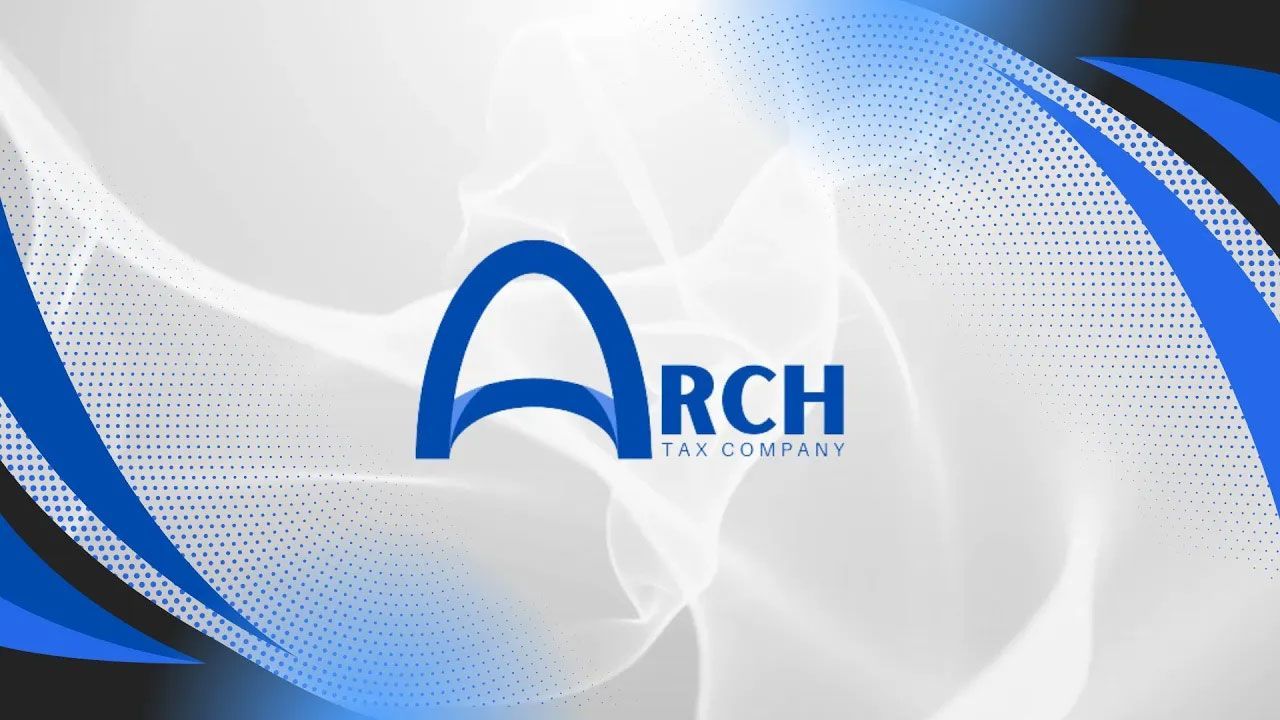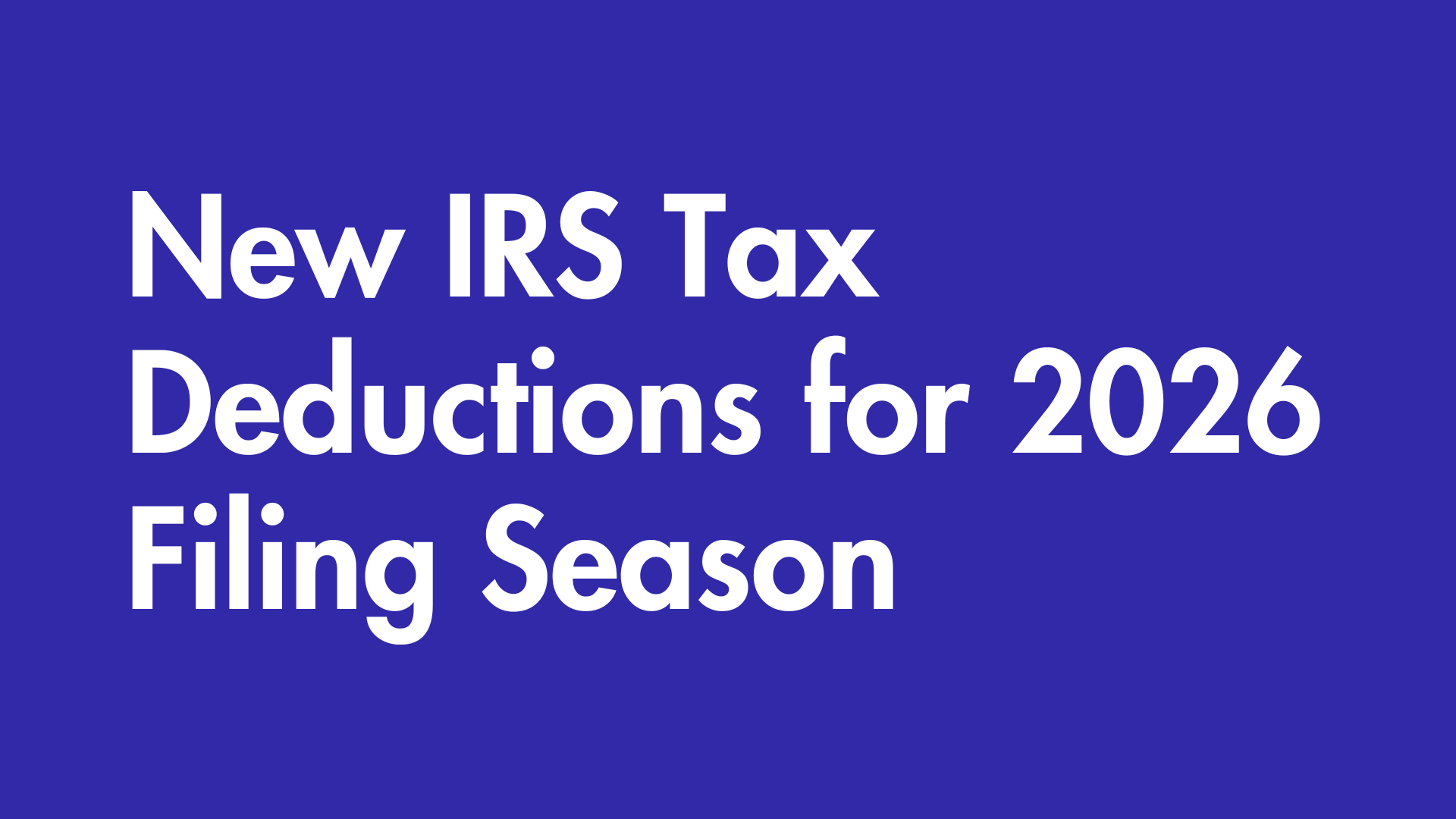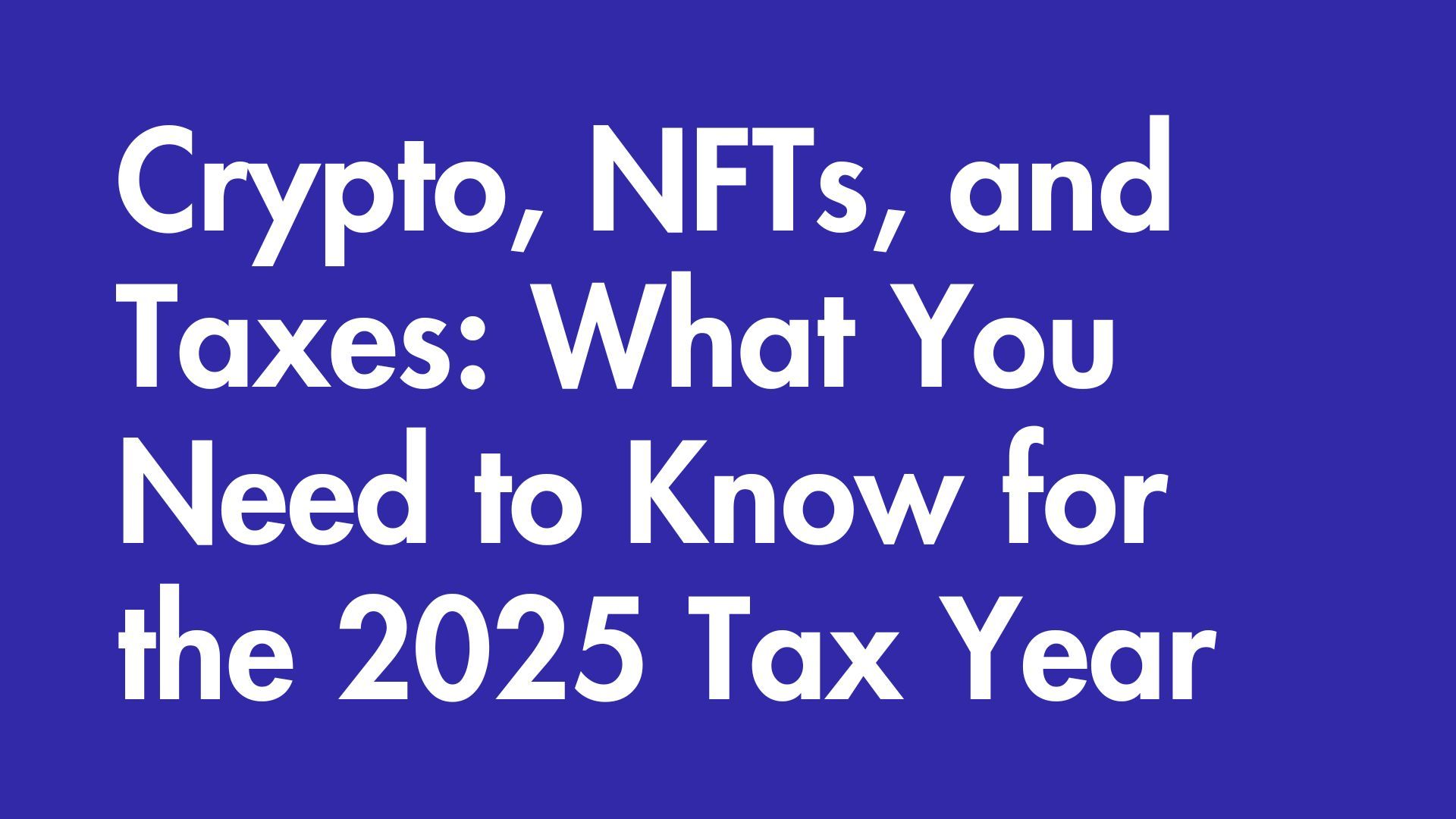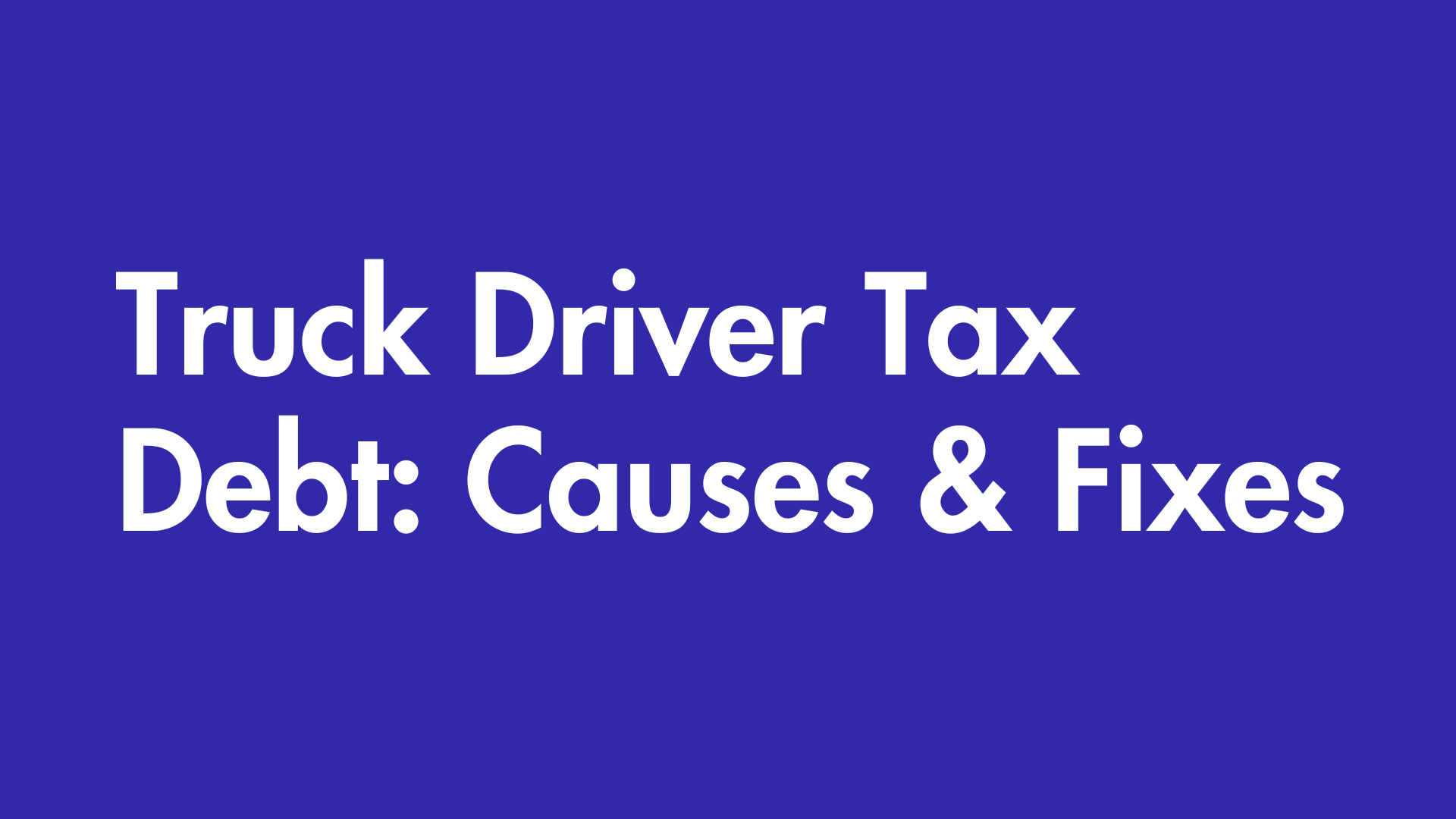You Hired Us—Now What?
Here’s What to Expect After Your IRS Investigation
So, you’ve gone through the initial IRS investigation with Arch Tax and decided to move forward with our recommended resolution plan. Now you might be wondering: What happens next?
In this blog, we’ll walk you through exactly what to expect so you feel confident and prepared as we move forward with resolving your tax issue.
Watch the Video: What Happens After You Hire Arch Tax
Get a full explanation directly from Chad Dickinson in the video below:
Step 1: Get Compliant with the IRS
Before we can work out any kind of resolution, we need to make sure you’re fully compliant with the IRS. That means filing any missing tax returns.
For most clients, this includes at least four years of back returns. We rely heavily on IRS transcripts to get the data we need, so you’re not digging through years of paperwork. If you have your records—that’s even better. We’ll use everything available to maximize deductions and accuracy.
Step 2: Special Attention for Self-Employed Clients
If you're self-employed, we’ll need to create profit and loss statements for each year we’re filing. While we don’t need a shoebox of receipts, we do ask for things like:
- Bank statements
- Credit card statements
- Any digital records of income and expenses
The quicker you get this to us, the faster we can complete your returns.
Step 3: E-File or Mail Returns
Returns from 2022 through 2024 can be e-filed. Everything else must be mailed, and mailed returns can take 8–12 weeks to process, while e-filed returns usually process in 3–6 weeks.
Step 4: We Start Working with IRS Collections
Once you're compliant, we start engaging with IRS Collections. Your newly filed tax returns help us determine which IRS Fresh Start Program best fits your situation. We'll revisit the plan we originally proposed and make sure it still applies.
This phase can take anywhere from 1 to 6 months, depending on factors like:
- Case complexity
- Revenue officer assignment
- Whether audits or other issues are present
- The cooperation level from the IRS side
Need Help or Have Questions?
If you have any concerns about what comes next or if you’re just getting started, feel free to call us at (844) 556-3073. You can also schedule a free consultation if you wish for us to take a look at your specific issue.








